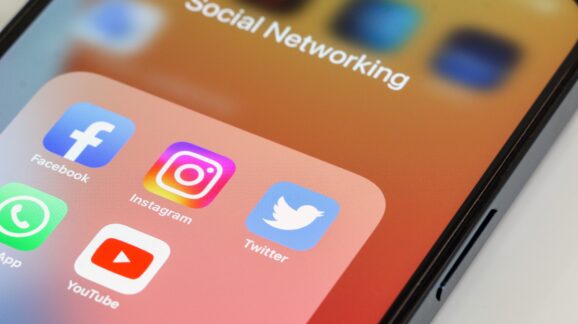TikTok Ban Lands A Blow To Intellectual Discourse Online
The TikTok ban, once perceived as a remote threat, is now the law of the land, enshrined into U.S. law through a foreign aid package passed by Congress and signed by President Biden last week. The statute requires TikTok to sever ties with its Chinese parent company, ByteDance, leaving the fate of the platform’s 170 million American users in limbo. The new law sets a nine-month deadline for the sale of TikTok’s U.S. operations, with a potential three-month extension. The Chinese government’s apparent unwillingness to approve such a sale has effectively transformed the divestiture requirement into a de facto ban on the platform within the United States.
While concerns over data privacy and potential Chinese government influence have driven support for the new law, the TikTok ban’s consequences for the quality of intellectual discourse on American social media may be more important. The X platform, formerly known as Twitter, may be the best example of how mediocrity is pervasive in online discussions. Despite the presence of countless public intellectuals on the application, X’s algorithm tends to elevate voices who spout mundane generalities and fail to seriously challenge followers’ preconceived ideas. These intellectuals’ biggest failure is a complete inability to tackle issues that truly matter, opting instead to focus on fly-by-night fads and trends. The result is intellectual stagnation, a far cry from the vibrant exchange of ideas one might hope for in a digital public square.
Read the full article on Forbes
